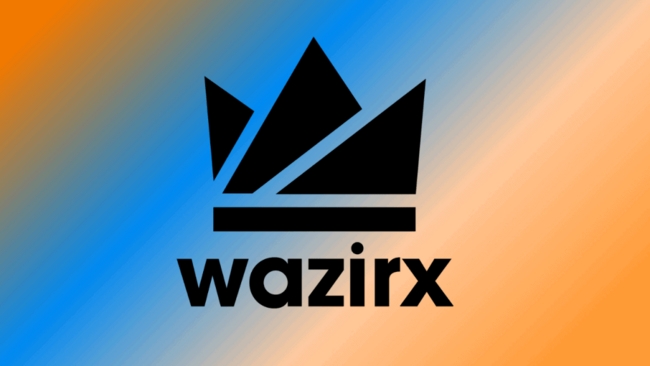Highlights:
- Indian court confirms crypto is property in case over frozen XRP investor funds.
- Judge sides with investor, saying XRP was separate from hacked Ethereum assets.
- Ruling rejects foreign arbitration and urges crypto firms to protect user holdings properly.
The Madras High Court in India has ruled that cryptocurrency is a form of property under Indian law. This major decision came after a case related to the $230 million WazirX hack. Justice N Anand Venkatesh made the ruling while hearing a petition from an investor who lost access to funds after the exchange froze accounts.
The investor had bought 3,532.30 XRP coins worth ₹1,98,516 in January last year. After a hack in July that stole Ethereum and ERC-20 tokens, WazirX stopped all user withdrawals. The investor claimed her XRP tokens were different from the stolen Ethereum assets. She explained that the exchange held her XRP in trust.
Therefore, she requested legal protection under Section 9 of the Arbitration and Conciliation Act, 1996, to stop the exchange from redistributing her tokens. The decision came as WazirX restarted limited services after gaining 95.7% creditor approval, but users say they can access only 30% of their funds due to withdrawal and verification delays.
Madras High Court recognises cryptocurrency as property under Indian law
Read more: https://t.co/NoA4Y1Qyj5 pic.twitter.com/T3b1MHFeGq
— Bar and Bench (@barandbench) October 25, 2025
Court Rules Against Zanmai Labs in WazirX XRP Case
WazirX’s parent company, Zanmai Labs, argued that the investor should share responsibility for the loss. The judge disagreed, saying the hack targeted ERC-20 tokens, not XRP. He noted, “There can be no doubt that ‘cryptocurrency’ is a property. It is not a tangible property, nor is it a currency. It is a property, which is capable of being enjoyed and possessed (in a beneficial form).”
Zanmai Labs also claimed the case should go to arbitration in Singapore. The judge rejected this, saying the investor traded from Chennai using an Indian bank account, so the Indian court has full authority. He also said Zanmai Labs is registered with India’s Financial Intelligence Unit, but its Singapore parent is not.
The Court said cryptocurrencies are similar to property because they can be owned, transferred, and controlled through private keys. The judgment referred to the Income Tax Act, which recognizes such assets as “virtual digital assets.”
Court Calls for Better Compliance
The judgment also highlighted the difference between Indian and foreign firms. Justice Venkatesh noted that Zanmai Labs is registered with the Financial Intelligence Unit (FIU) in India. This allows the company to offer crypto services locally, unlike Zettai Pte Ltd or Binance. The court also stressed that crypto and Web3 companies must follow corporate governance rules like other businesses.
Justice Venkatesh added that exchanges must keep client funds separate and ensure independent audits. He said firms should separate customer assets, run independent audits, and follow KYC and anti-money laundering rules. He noted that Indian courts now play a key role in defining rights, responsibilities, and trust in the country’s growing digital economy. This decision is one of India’s strongest statements about crypto so far. It confirms that digital assets like XRP are legally recognized as property, setting a clear path for future crypto-related cases in the country.
Best Crypto Exchange
- Over 90 top cryptos to trade
- Regulated by top-tier entities
- User-friendly trading app
- 30+ million users
eToro is a multi-asset investment platform. The value of your investments may go up or down. Your capital is at risk. Don’t invest unless you’re prepared to lose all the money you invest. This is a high-risk investment, and you should not expect to be protected if something goes wrong.






